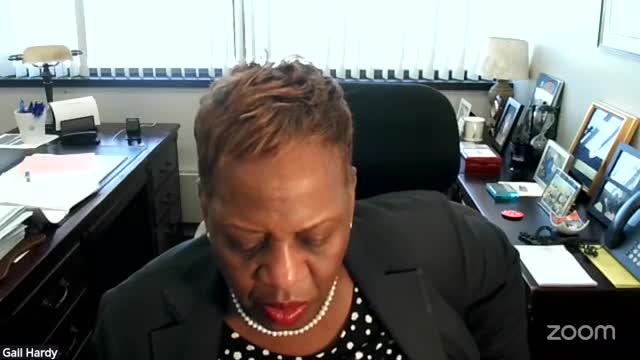Subcommittee presses for statewide protocol to track and prioritize domestic-violence arrest warrants
Get AI-powered insights, summaries, and transcripts
Subscribe
Summary
Members heard that the Division of Criminal Justice is updating its case-management system to record received and returned domestic-violence arrest warrants, while law enforcement described variable local practices, unclear turnaround times and limited information available to victims.
The subcommittee heard updates from the Division of Criminal Justice about changes to its case-management system to better capture and prioritize domestic-violence arrest warrants.
Gail Hardy said the case-management system will include entries for when a warrant is received, who reviewed it, the date it was forwarded to a judge, the judge’s response and when it was returned to police. The change is intended to create a single place to track warrants and follow up if service is delayed.
Law-enforcement speakers described different local practices. Captain Heather Larocque, commander of the patrol division in the Windsor Police Department, said domestic-violence warrants “are priority warrants” and that officers document attempts to serve them in the records-management system. Rob Rosado, chief of police in Meriden, said agencies vary but that most treat domestic-violence warrants with special care.
Andrea O’Connor, family-violence victim-advocate program manager for the Umbrella Center for Domestic Violence Services, said courts can be backed up and described a recent backlog in some courts. “The turnaround for signatures can be, you know, 1 to 2, maybe 3 weeks,” O’Connor said, adding that service in high-volume areas can take longer and that advocates lack access to warrant-status information.
Merit LaJoy, complaint officer at the Office of the Victim Advocate, argued for urgency: “I believe every domestic violence case should be considered a potential homicide,” LaJoy said, and said that domestic-violence warrants should be expedited rather than allowed to “sit.”
Speakers described internal processes for documenting service attempts; supplements and task assignments in records-management systems flag warrants for supervisors, but police reports of attempts do not automatically go to the court unless an arrest is made. Subcommittee members said the Division of Criminal Justice will continue to press partners for more uniform statewide practices and for processes that enable follow-up once a warrant is returned to the police.
Ending
The subcommittee recommended continued work with local agencies and the Division of Criminal Justice to reduce backlog, standardize tracking and explore options that would allow advocates or victims to receive status updates while protecting confidentiality.
